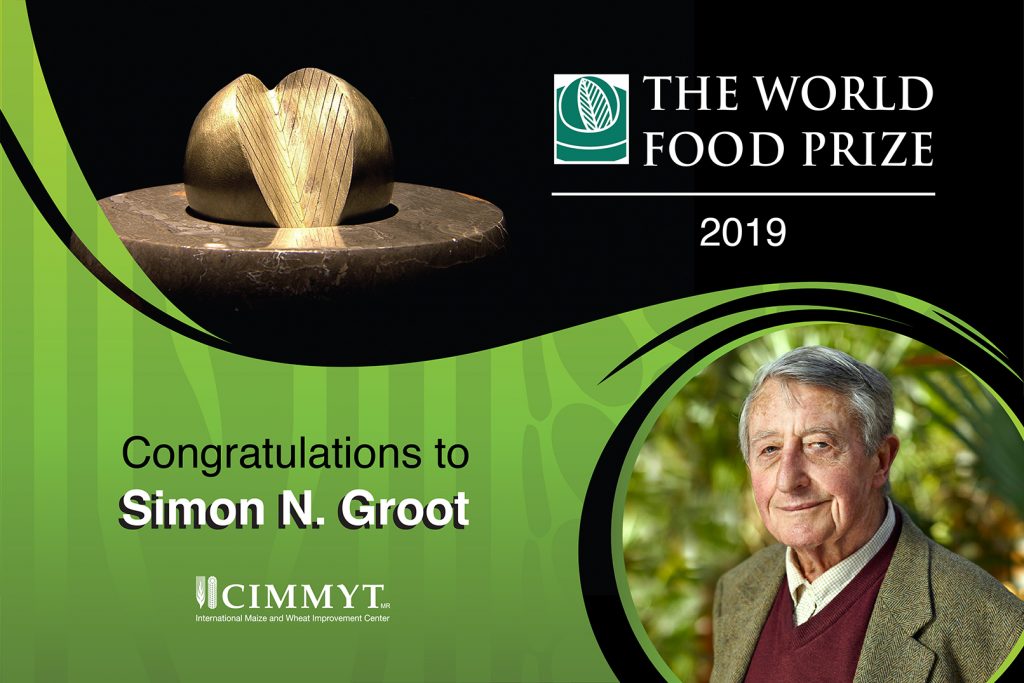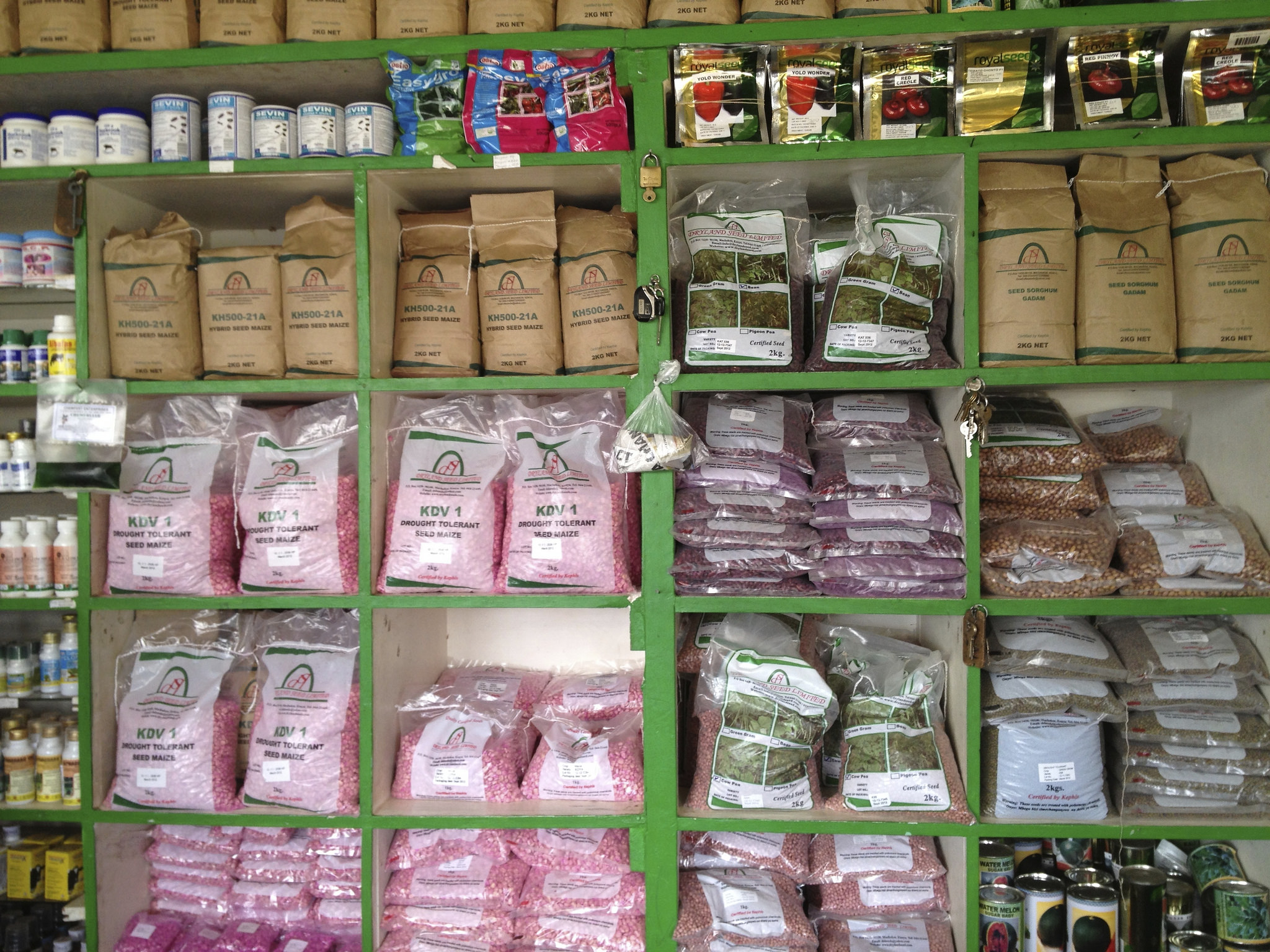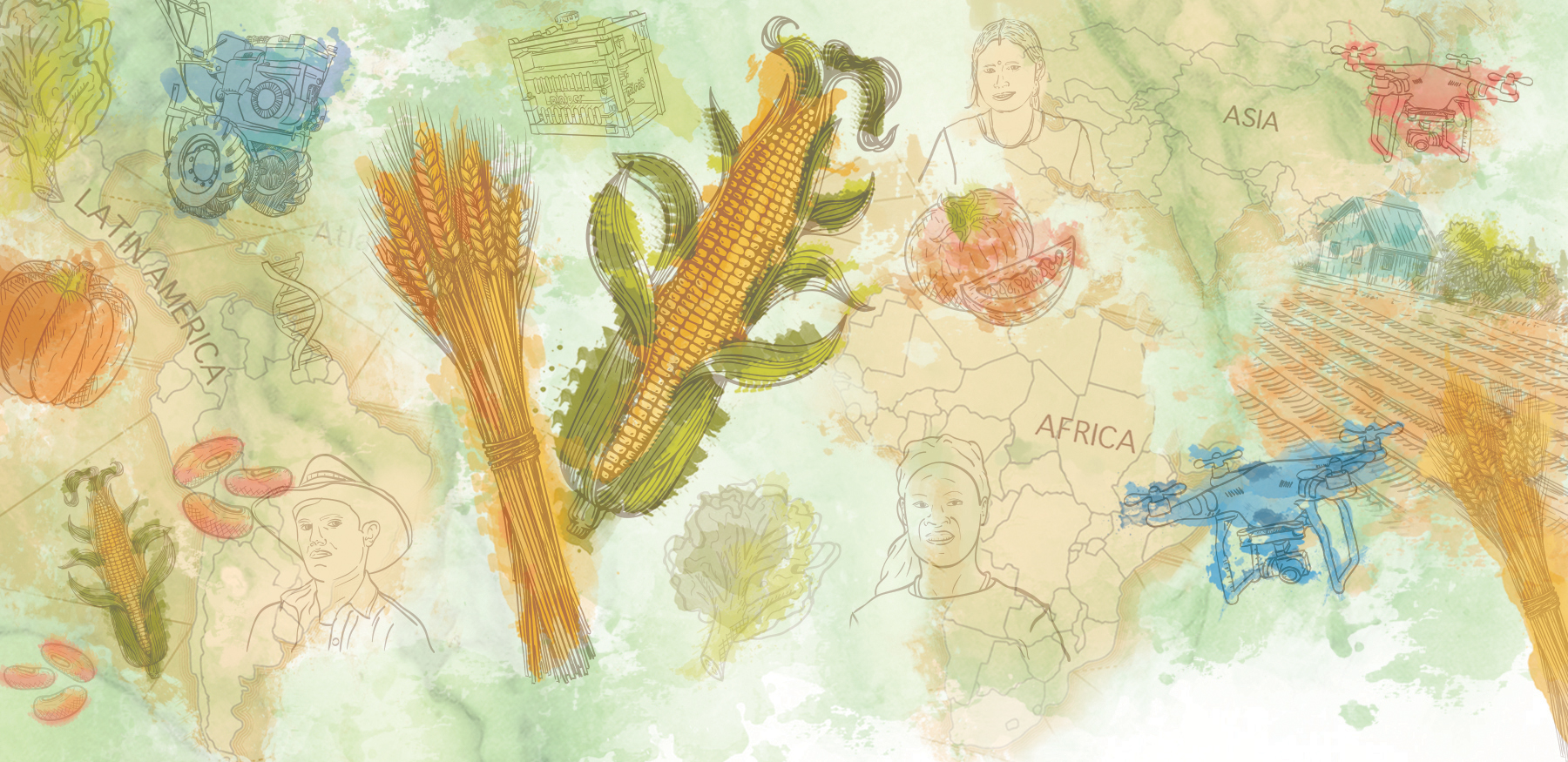
Simon N. Groot is the winner of the 2019 World Food Prize. With this award, food and agriculture leaders recognize his work to increase vegetable production in more than 60 countries, through the development of high-quality seeds and training programs for farmers.
Groot’s efforts were crucial in leading millions of farmers to become horticulture entrepreneurs, resulting in improved incomes and livelihoods for them, and greater availability of nutritious vegetables for hundreds of millions of consumers.
Like small-town Iowa farm boy Norman Borlaug, Groot comes from a small town in the Netherlands, where he learned the value of seeds at a young age. Both shared the same vision to feed the world and succeeded.
“I think I was born to be a vegetable seedsman.”
– Simon N. Groot
Groot devoted his whole life to the seed and plant breeding industry. After 20 years in the industry in Europe and North America, Groot travelled to southeast Asia at the age of 47 with a vision to set up the region’s first vegetable seed breeding company. Frustrated by the poor quality seeds he found and noticing a total lack of commercial breeding activities in the region, Groot decided to set up his own company, using his own capital, partnering with Benito Domingo, a Philippines local with a passion for seeds and local connections to the traditional seed trade, agriculture industry and universities.
The company, named East-West Seed Company, started out as a small five-hectare farm outside Lipa City, Philippines. Groot brought over well-trained plant breeders from the Netherlands to begin plant breeding and help train locals as breeders and technicians. Groot was the first to introduce commercial vegetable hybrids in tropical Asia: varieties which were high-yielding, fast-growing and resistant to local diseases and stresses. Today, East-West Seed Company has over 973 improved varieties of 60 vegetable crops which are used by more than 20 million farmers across Asia, Africa and Latin America.
Inspired by Borlaug
Groot described meeting Dr. Borlaug at a conference in Indonesia in the late 1980s as “a pivotal moment” for him, writing that “his legacy has continued to serve as an inspiration for everything I have done at East-West Seed.”
In response to being awarded the 2019 World Food Prize, Groot wrote: “Bringing about the ‘Vegetable Revolution’ will be a fitting tribute to the work of Dr. Borlaug.”
The World Food Prize has been referred to as the “Nobel Prize for food and agriculture.” Awarded by the World Food Prize Foundation, it recognizes individuals who have advanced human development by improving the quality, quantity or availability of food in the world. Winners receive $250,000 in prize money.
The World Food Prize was founded in 1986 by Norman Borlaug, recipient of the 1970 Nobel Peace Prize.
The World Food Prize has a long association with CIMMYT. Sanjaya Rajaram was awarded the 2014 World Food Prize for his work that led to a prodigious increase in world wheat production. Evangelina Villegas and Surinder Vasal were awarded the 2000 World Food Prize for their work on productivity and nutritional content of maize. Bram Govaerts received the Norman Borlaug Field Award in 2014. As an institution, CIMMYT received the Norman Borlaug Field Medallion in 2014.

 Nutrition, health and food security
Nutrition, health and food security 

